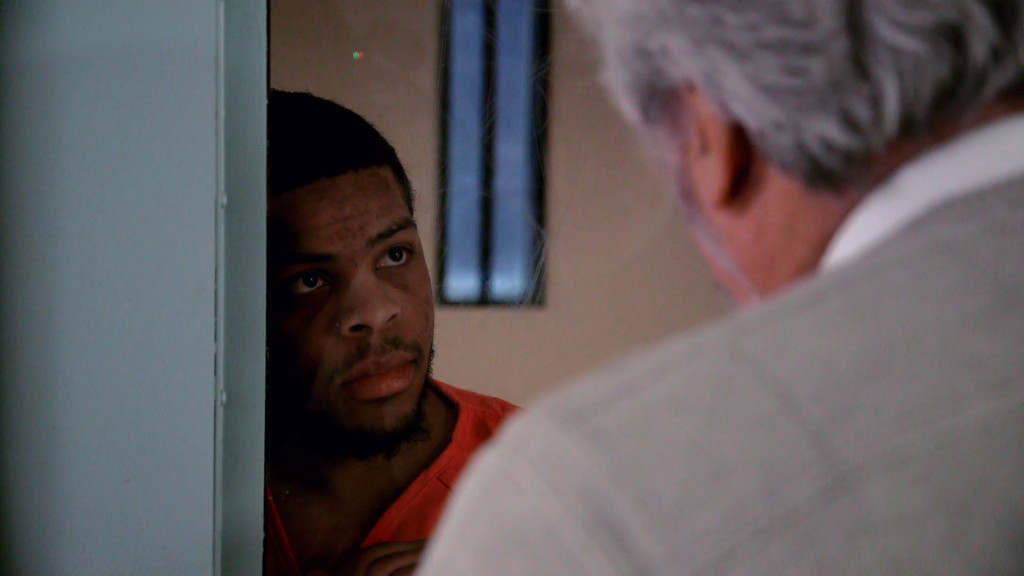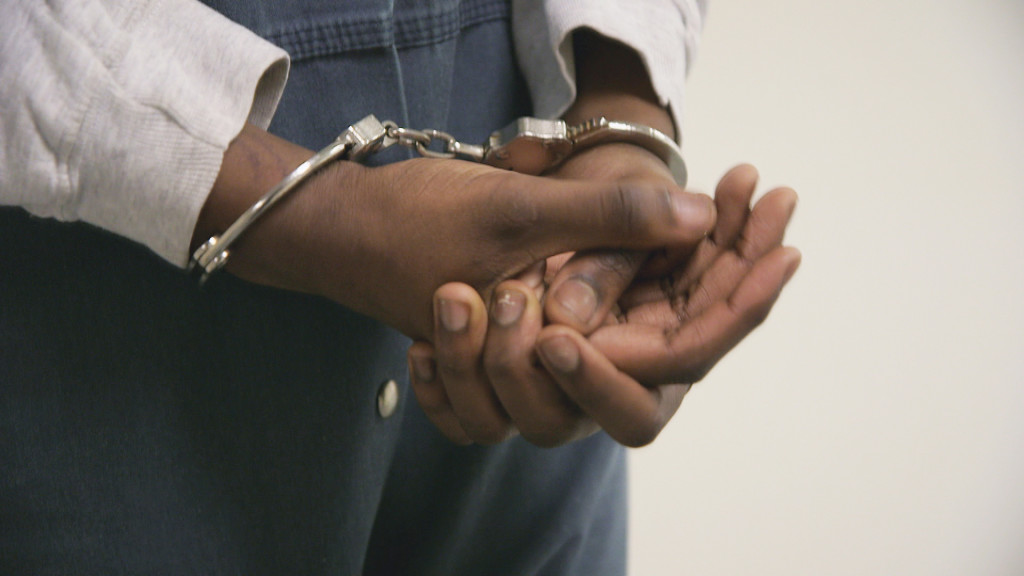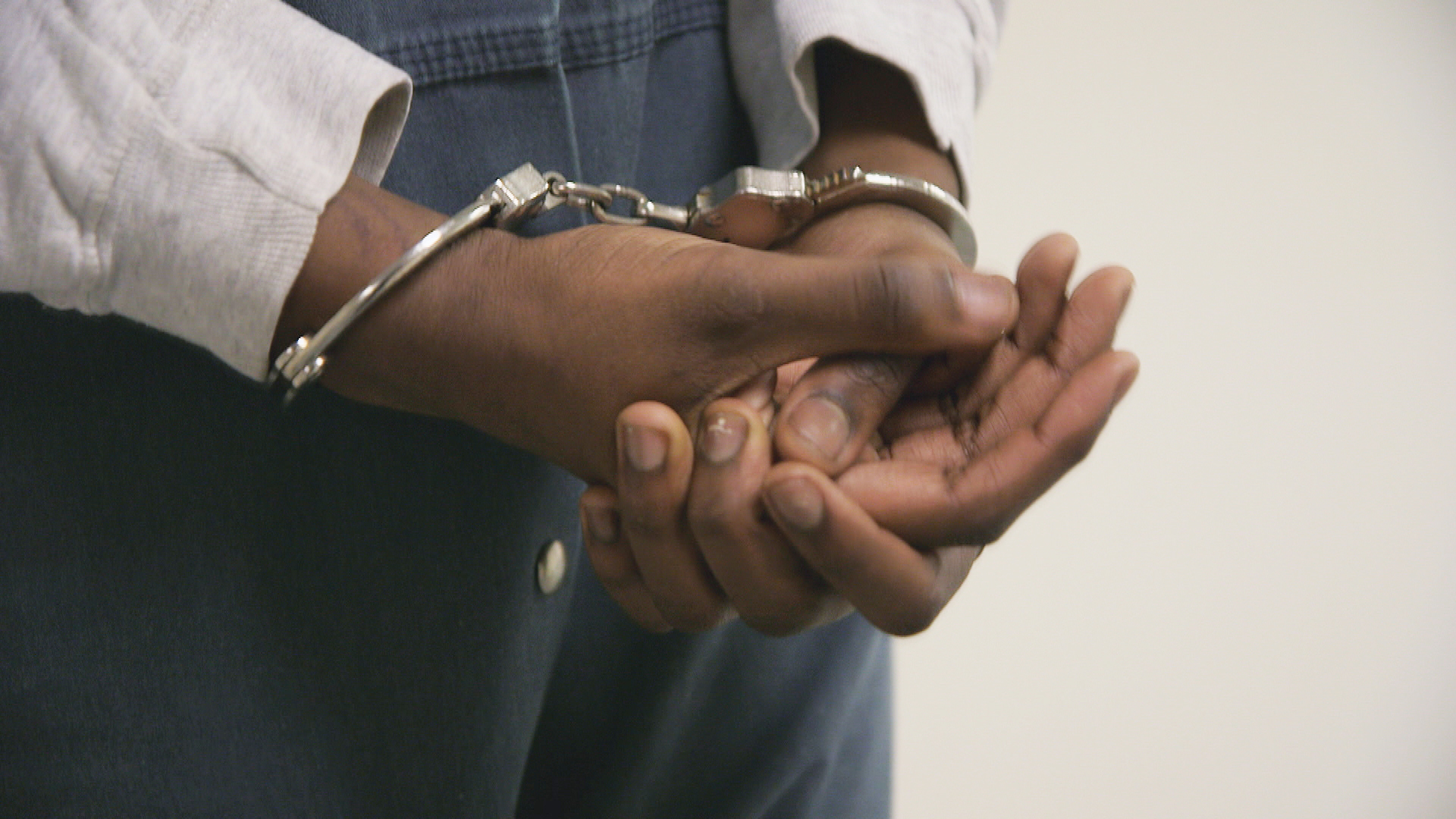Locked Up In America: Stephen’s Story

June 15, 2015
Share
Stephen Kirkley was near the end of a five-year sentence for robbery in early 2014. He was also one of the worst behaved inmates in the solitary unit of the Maine State Prison.
Showing a razor blade resting on his tongue, he said, “I don’t do it to hurt myself.” He did it, Kirkley said, “to let them know I’m capable of doing it.”
There are an estimated 80,000 inmates who are kept in solitary in the United States. States across the country have been rethinking the use of the practice. Three years ago, Maine started reducing the number of inmates placed in solitary confinement, and moving those with serious mental illness out of solitary.
When the Maine State prison decided to reduce its number of inmates in solitary, Kirkley was among those transferred to the facility’s mental health unit. Dr. Dan Bannish was in charge of his treatment. Bannish wanted to work on a plan with Kirkley for when he was released from prison.
“So, where are you actually physically going to be in April?” Bannish asks Kirkley in the below video. “Where are you going to get your money?” He warns Kirkley that the choices he makes upon his release will decide whether he stays out of prison or goes back in.
Bannish used puzzles as part of his treatment, to try and engage with some of the more difficult inmates.
“If you noticed, I didn’t just hand them pieces of paper,” he told FRONTLINE. “I made contact with each of them, I reconnected with them, engaged with them, and then I’ll be there to follow up.”
This kind of intervention is critical, say advocates for prison reform, particularly given the devastating toll that prolonged exposure to solitary can have on an inmate’s mental health.
“The use of segregation has its place when you have real dangerous prisoners,” Rodney Bouffard, the warden of the Maine State Prison told FRONTLINE in 2014. “But from my perspective, it is overused probably throughout the United States. It’s really dangerous, OK? If I have somebody that comes in with a five-year commitment you can have them do their whole time in segregation, but I don’t want him living next to me when you release him.”
In “Solitary Nation,” airing on many PBS stations tomorrow, June 16, FRONTLINE uncovers the raw reality of solitary confinement. (Check local listings here).

Related Documentaries
Latest Documentaries
Related Stories
Related Stories
Explore
Policies
Teacher Center
Funding for FRONTLINE is provided through the support of PBS viewers and by the Corporation for Public Broadcasting, with major support from Ford Foundation. Additional funding is provided the Abrams Foundation, Park Foundation, John D. and Catherine T. MacArthur Foundation, Heising-Simons Foundation, and the FRONTLINE Trust, with major support from Jon and Jo Ann Hagler on behalf of the Jon L. Hagler Foundation, and additional support from Koo and Patricia Yuen. FRONTLINE is a registered trademark of WGBH Educational Foundation. Web Site Copyright ©1995-2025 WGBH Educational Foundation. PBS is a 501(c)(3) not-for-profit organization.





















